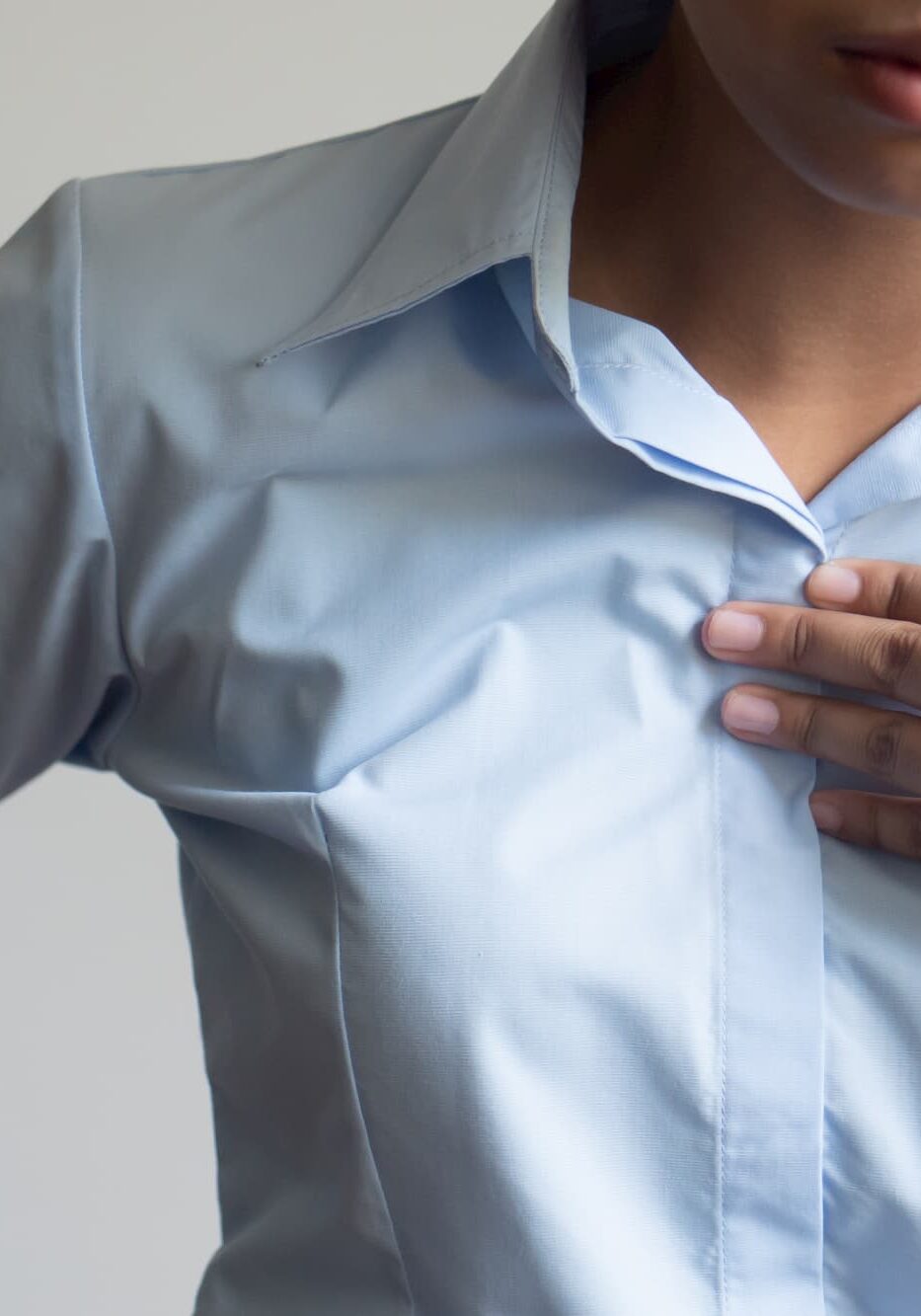Gastro-oesophageal reflux disease is a common condition affecting about 1 in every 5 adults. It seems to be more common as we get older.
In reflux, the muscle at the top of the stomach is weakened. The upper part of the stomach often passes through the diaphragm, into the chest. This is known as a Hiatus Hernia. A combination of these problems allows stomach acid to move up into the gullet and sometimes as far as the mouth. The stomach acid can damage the lining of the gullet, producing inflammation.
The commonest symptoms of reflux are a burning sensation behind the breast bone (heartburn) and regurgitation of fluids. Regurgitation sometimes causes spillover problems such as cough, hoarse voice and even asthma.
Medical Treatment
In many people, the symptoms of reflux can be controlled with simple changes in eating and drinking habits (avoid the things that cause the problem). If you are overweight, a weight-reducing diet can significantly improve symptoms.
Reflux is known to be aggravated by caffeine (coffee, tea, chocolate, cola), alcohol and smoking. It is therefore sensible to avoid these where possible.
If symptoms are bad at night, then raising the head of the bed on bricks or a thick book may also help.
If the problem is troublesome, medication is usually taken in the form of simple antacids, H2 receptor blocking agents (Cimetidine, Ranitidine) or proton pump inhibitors (Omeprazole, Esomeprazole, Lansoprazole, Pantoprazole, Rabebrazole). These medications often control the symptoms, particularly if the main symptom is heartburn. Such tablets do not cure the problem, however, and prevention of reflux can only be achieved by surgery.
The different surgical options will be discussed at your appointment, taking your personal circumstances into account.

Surgical Treatment
The post-operative period in hospital
Most patients experience some degree of discomfort in the abdomen and chest. Some patients experience pain in the shoulder. This is referred from stitches in the diaphragm and tends to disappear after 24 to 48 hours.
A barium X-ray swallow test is sometimes performed on the day after surgery to confirm the position of the stomach wrap.
If the surgery has been performed laparoscopically, you will find that you will be mobile on the first post-operative day. Most patients are able to go home within 24 hours of their surgery. If the operation is performed as an open procedure the length of hospital stay is extended to 5 to 6 days.
The post-operative period at home
Because of the lack of wound pain with keyhole surgery, you may feel as if you have not had an operation. Nevertheless, you will find that you get tired easily for a few days. We ask patients to avoid heavy exertion for the first 12 weeks. You may drive after a week to 10 days and gentle sport can be recommenced after 2 weeks. Most people are able to return to work after 2 weeks, although this can be extended to 2 months with open surgery.
Most people find with their meals that they become full very quickly and so eat much less, at least for a few months. This means that most patients lose weight as a result of the operation. Many patients see this as a bonus!
Occasionally, you may swallow a large lump of food, which gets stuck in your oesophagus. Whilst this may cause acute discomfort, it is not dangerous and you will not choke. The food will eventually move through or you will bring it back up. This will not jeopardise the operation.
Because you will not be able to easily belch, you should avoid gassy drinks for at least 8 weeks after the operation, and should avoid drinking large volumes of such drinks at any time. Air in the stomach has to move through so that many people are aware of increased flatulence after the operation. This problem tends to get better with time.
There is a downloadable document outlining recommendations after anti-relfux surgery in our downloads section.
Complications associated with surgery
Antireflux operations have a very low rate of complications. Specific complications are:
Damage to the oesophagus, stomach or bowel, leading to leakage from the area, sometimes necessitating another operation to address the problem.
